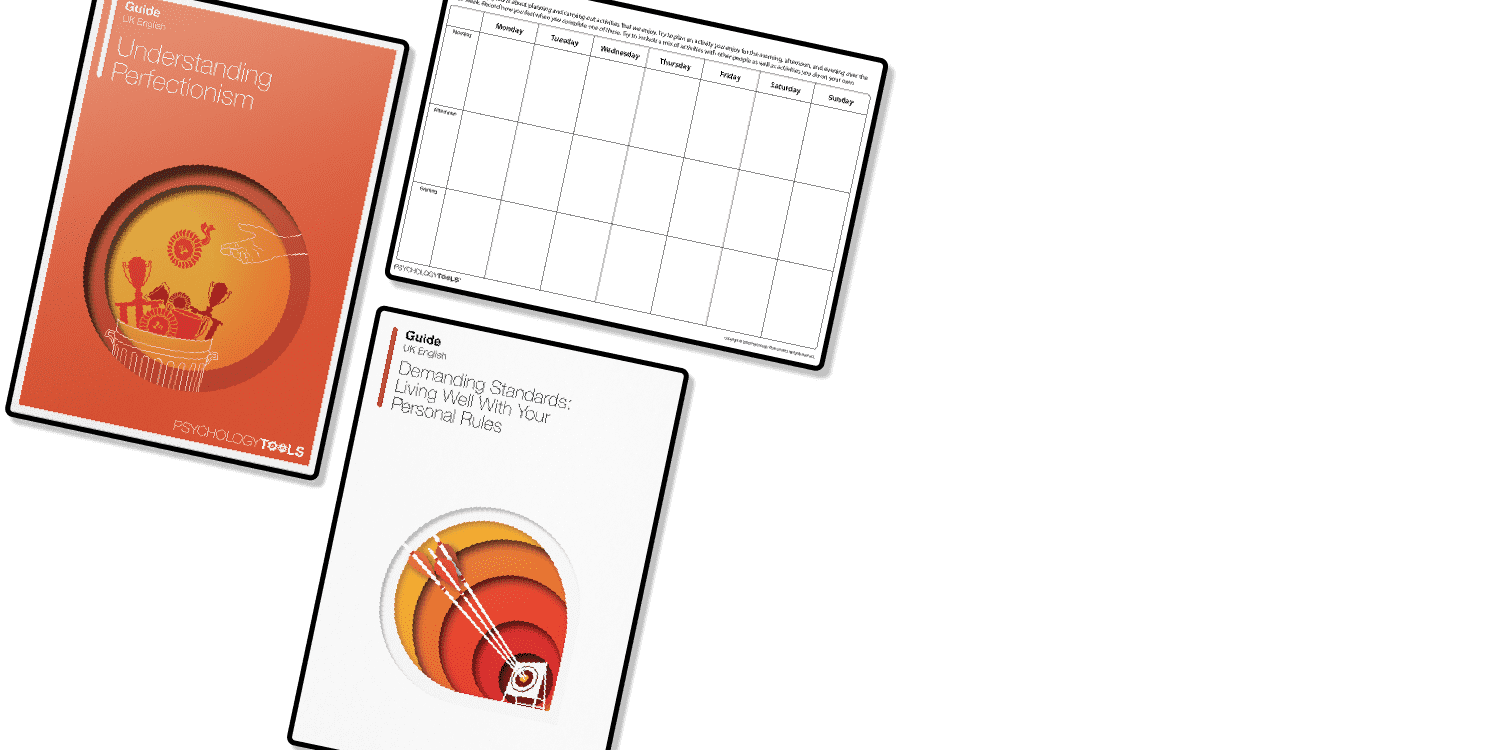Procrastination

Links to external resources
Psychology Tools makes every effort to check external links and review their content. However, we are not responsible for the quality or content of external links and cannot guarantee that these links will work all of the time.
What Is Procrastination?
Signs and Symptoms of Procrastination
Procrastination is not considered to be a psychiatric condition and formal diagnostic criteria are not available. Among clinicians specializing in procrastination a popular definition is that procrastination is a “voluntary delay in an intended course of action despite expecting to be worse-off for the delay”(Steel, 2007). Clinical intervention may be indicated when the procrastination leads to discomfort or distress. Rozental and Carlbring (2014) propose that distress may manifest as some or all of: interpersonal problems, physical illness, stress, anxiety, depression, and financial difficulties.
Psychological Models and Theory of Procrastination
Rozental, Forsell, Svensson, Andersson, and Carlbring (2015) published the results of an internet-based trial of a CBT self-help intervention for procrastination. Modules of the intervention included: psychoeducationabout the causes and maintenance of procrastination; psychoeducation about goal-setting, avoidance behavior, and behavioral activation; theories of motivation and use of reward systems; information about the relationships of ego-depletion and mental fatigue to procrastination; the role of distractions and stimulus control; self-assertiveness and prioritizing; exploring the influence of dysfunctional beliefs and an introduction to behavioral experiments; exploration of personal values; information about the abstinence violation effect and relapse prevention.
Fernie, Bharucha, Nikčević, Marino, and Spada’s (2017) metacognitive model of procrastination distinguishes between intentional procrastination and unintentional procrastination. They argue that cognitive (or ‘ego’) depletion is central to understanding procrastination. Their model includes components including positive metacognitions about procrastination, negative cognitions about procrastination (e.g., ‘my procrastination is uncontrollable’), and cognitive/behavioral control strategies such as distraction, worry, and rumination which ultimately prove futile.
Resources for Working with Procrastination
Psychology Tools resources available for working therapeutically with procrastination include:
- psychological models of procrastination
- information handouts for procrastination
- exercises for procrastination
- CBT worksheets for procrastination
- self-help programs for procrastination
References
- Fernie, B. A., Bharucha, Z., Nikčević, A. V., Marino, C., & Spada, M. M. (2017). A metacognitive model of procrastination. Journal of Affective Disorders,210, 196–203.
- Rozental, A., & Carlbring, P. (2014). Understanding and treating procrastination: A review of a common self-regulatory failure. Psychology, 5(13), 1488–1502.
- Rozental, A., Forsell, E., Svensson, A., Andersson, G., & Carlbring, P. (2015). Internet-based cognitive-behavior therapy for procrastination: A randomized controlled trial. Journal of Consulting and Clinical Psychology, 83(4), 808–824.
- Steel, P. (2007). The nature of procrastination: A meta-analytic and theoretical review of quintessential self-regulatory failure. Psychological Bulletin, 133(1), 65–94